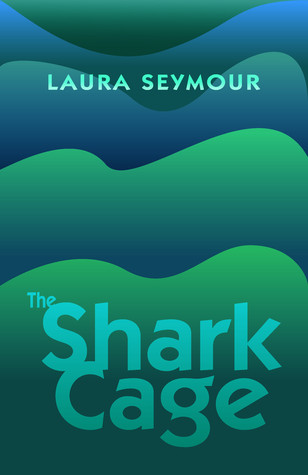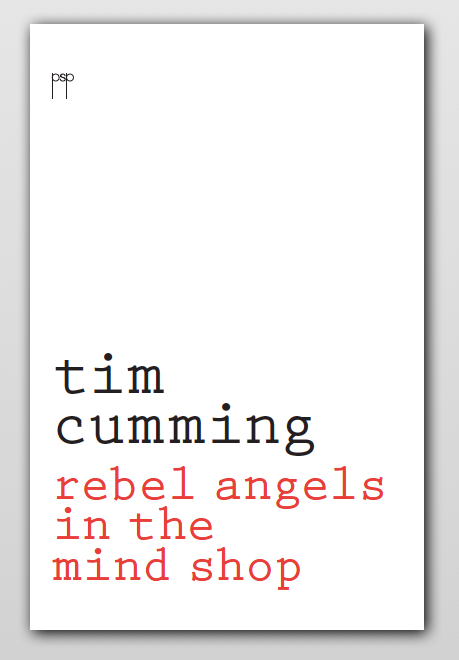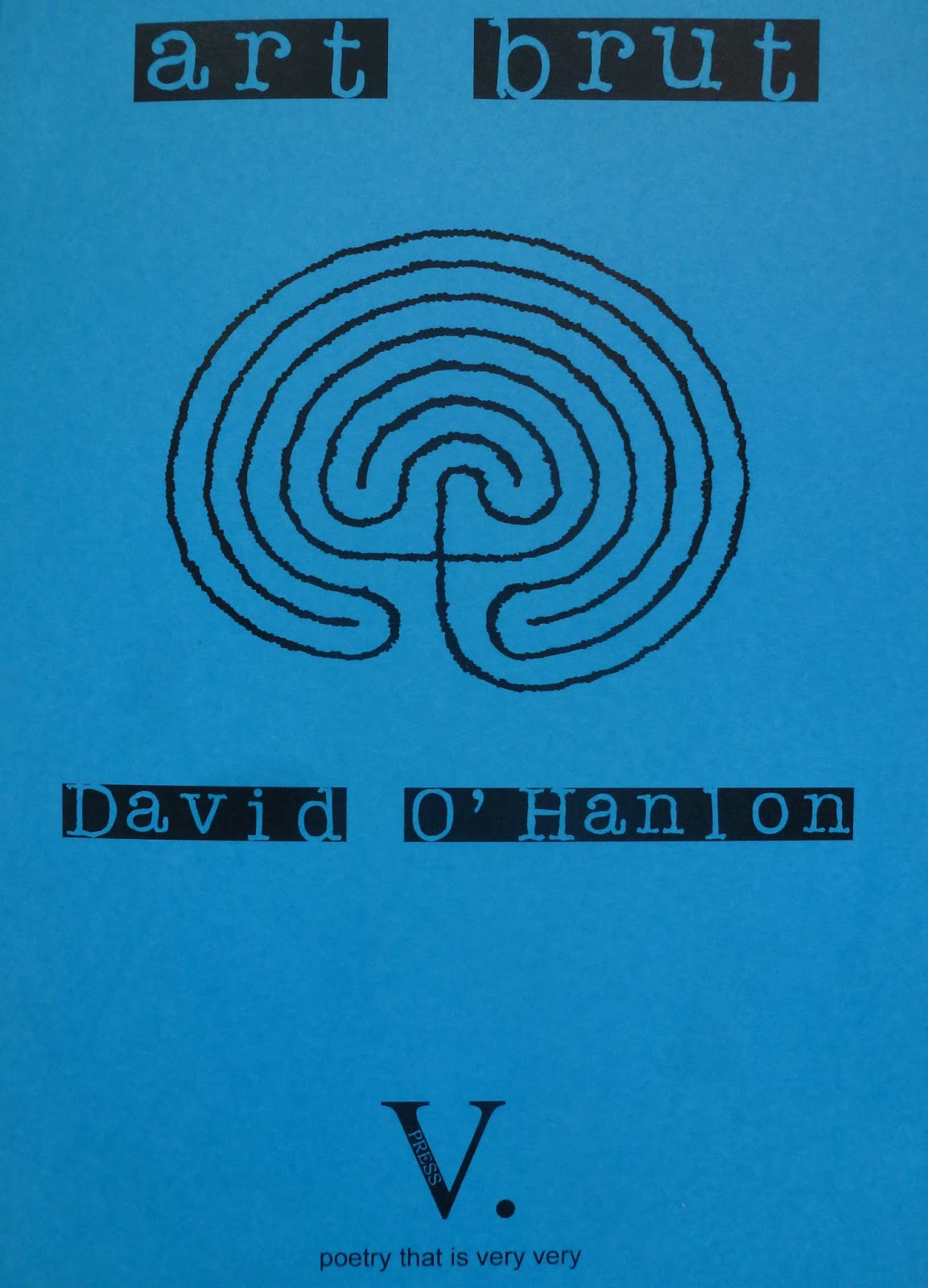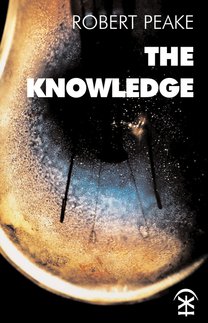The Shark Cage by Laura Seymour
– Reviewed by Bethany W. Pope –
Laura Seymour’s The Shark Cage is composed of four darkly surreal sequences detailing the coming-of-age themes of parental disillusionment and acceptance of life’s inevitable losses. It reminds me, a bit, of work by Helen Ivory (it’s easy to see why Seymour asked her to provide a blurb) but it is darker and more disjointed than Ivory’s recent work. In a few places, the lines veered into incoherence, but for the most part these poems were very tightly wrought.
All four of the sequences begin very strongly. Two of them unravel as they go, but the others hold solid. The first sequence shares a title with the book, and its own first poem: Seymour paints a picture of violent excess in luxe 1970’s colours. The speaker’s father and a competing friend dare each other to perform dangerous feats on the deck of a ship :
My dad strapped on a diving mask, kept on his suit,
festooned the cage with pale meat running cerise as beanflowers.
Some guests hung canapés on the bars with their earrings:
‘We’d like you to meet the better class of shark’. Your
looks were free, your locks were yellow as gold. You
braced one stiletto on the yacht’s rim, winched
him down. When you hauled the shark cage up again,
its middle bars were wrenched apart, and it was
––––––––––––––––––––––––––––––––––––––empty.
It isn’t clear if this poem is meant to be taken literally, but although later poems contain images that are far less likely, the book is peppered with lost-at-sea imagery such as the ‘devil’s foot’ shape of an extinct mollusc or the odd floating bone, that provide a sense of some hidden, oceanic reality.
The second sequence, ‘Carol’ features a poem on the idea of putting the drowned to rest. In ‘My Past Life 1: My Leg, 1907’, the speaker inhabits the body of a man who drowns while drunk and showing off. His wife goes seeking the corpse:
For six years, chin wobbling amid laughing
puffins, my wife looks for me, drops me
bit by bit into her blue-and white-bag.
She gives the full bag a Christian burial:
if a whole bodie’s buried, the soul can rest.Of course, she doesn’t know she missed a piece. Images of the unburied, abyss-swallowed, unresting male dead surge up again and again in these pages, breeching like bad dreams in an unconscious mind.
The final section, ‘Maria’, gives a clearer image of this missing father. Previous poems portray him as admirable, if a little light in the head. The image given in this section is very different. In ‘Cheetah’ the two contrasting personas of the man (the sleek, rich father; the petulant, reckless man-child) come face to face and meet in conflict. The father admires the fur of a cheetah, the prowess of (his perception of) a hunter, but the reality of modern ‘adventuring’ is very different. He doesn’t notice:
Now a cheetah eyes my father, leashed
on a short rope, long-lashed,
pleading with sedatives
in a shack.
‘I’ve cowed a child-killer,’
he tells himself, ‘proud and stupid’.
He hands the baseball-capped guard
$500
and shoots it in the head.
There is no glory in this man’s life, no real pathos in his death. The tragedy is in the life of the left-behind daughter:
At nights, I lie with her,
her deep-oiled furs soft on my bare feet.
Not encumbered with organs
she seems to know so much.
This collection was written for the adventurous – for those who meet the world barefoot, with a knife in their hand, and go out into the dark, seeking a challenge.





